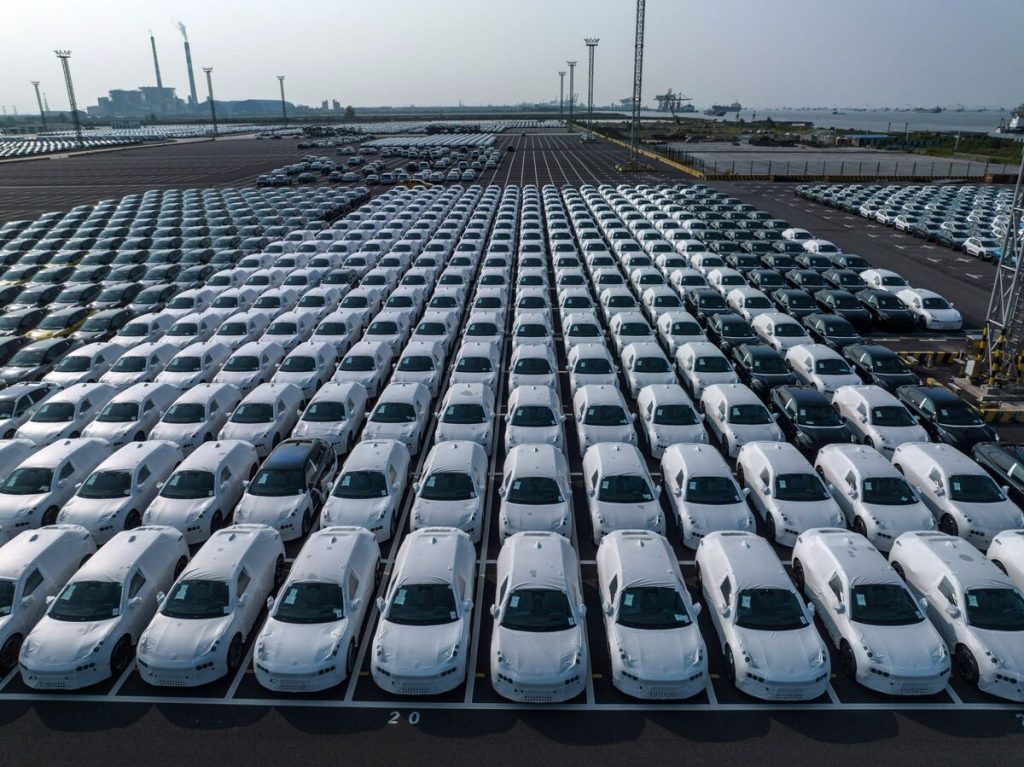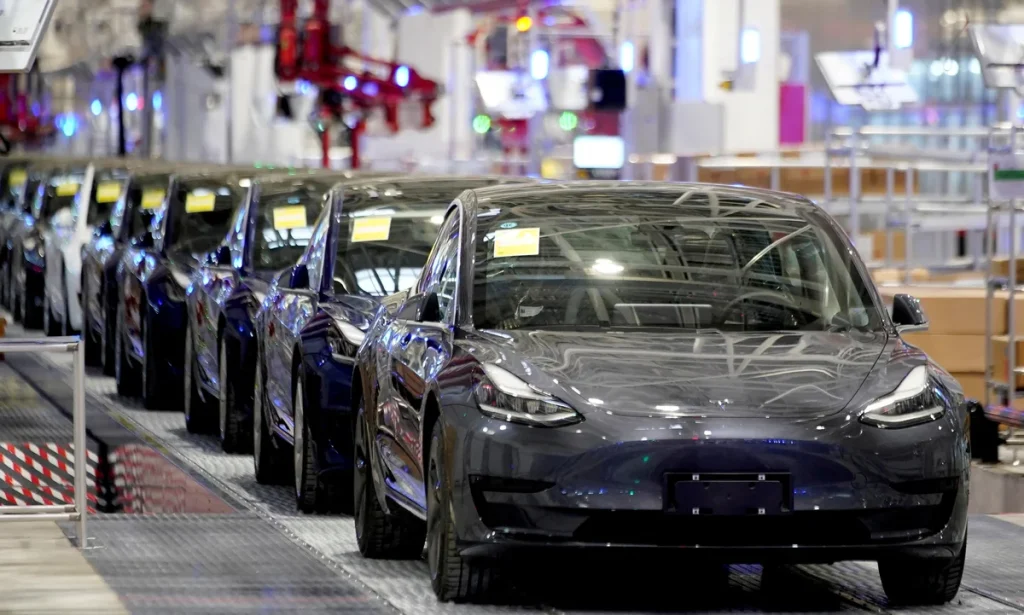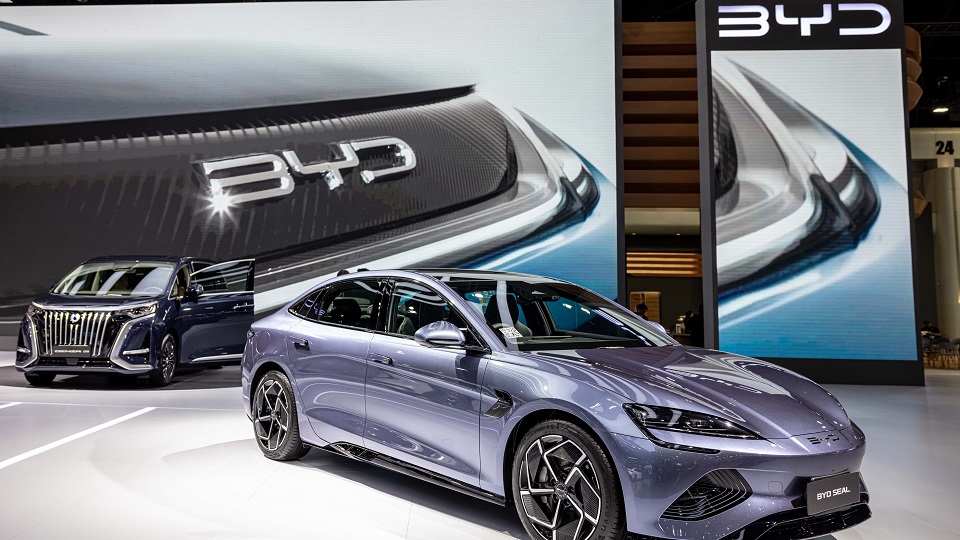The draft will come into effect in November after the consultations are completed
FALCON POWERS – The European Union plans to impose a 9% tariff on Tesla vehicles imported from China, as it has notified automakers of its final decision to impose definitive tariffs on electric vehicles shipped from the country, as announced on Tuesday.
While the European Union is trying to address the subsidies provided by Beijing to the industry, officials said they will continue to consult with manufacturers on the draft decision before the member states vote on the duties, which are set to take effect by November, according to Bloomberg, which was reviewed by “Al Arabiya Business”.

The proposed tariffs have been slightly modified, with SAIC Motor, the manufacturer of MG cars, Geely’s parent company of Volvo, and BYD facing additional customs duties of 36.3%, 19.3%, and 17% respectively. Other cooperating companies that were not sampled will be affected by a rate of 21.3%, while all other non-cooperating companies will be determined at a rate of 36.3%. The rates will be applied on top of the current 10% customs duties faced by exporters from China.
For Tesla, the 9% tariff is relatively good news as it is lower than the customs duty rates faced by other manufacturers. European Union officials said one of the factors behind the calculation is that Beijing appears to be providing less subsidies to foreign-owned companies.

European Union officials said that the majority of the benefits received by Tesla were in the form of discounted battery supplies below market value. The officials added that among the other schemes the company benefited from were land use rights, reduced income tax, and various types of grants, including the national support received by all exporting producers.
Parties now have 10 days, until August 30, to submit comments and request hearings on the proposal. If a qualified majority of member states does not block the measures in a binding vote, the European Commission will publish a final tariff regulation by October 30. The tariffs will remain in effect for 5 years and can be extended after review.
This comes as Brussels and Beijing have held talks in recent months to explore whether an alternative solution could be found. The European Union said any such solution would need to be compatible with World Trade Organization rules and address the underlying issue of subsidies.
China claims the measures are protectionist and has threatened to retaliate with its own duties on a range of sectors including pork, large engine vehicles, and alcoholic beverages. Beijing is also challenging the measures at the World Trade Organization.
Several member states, including Germany and Hungary, have expressed resistance to the tariffs, but the tariffs will need a blocking majority to be stopped.


